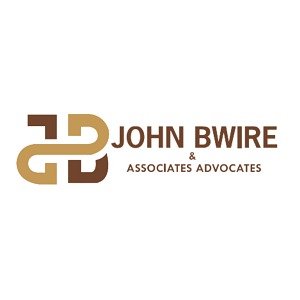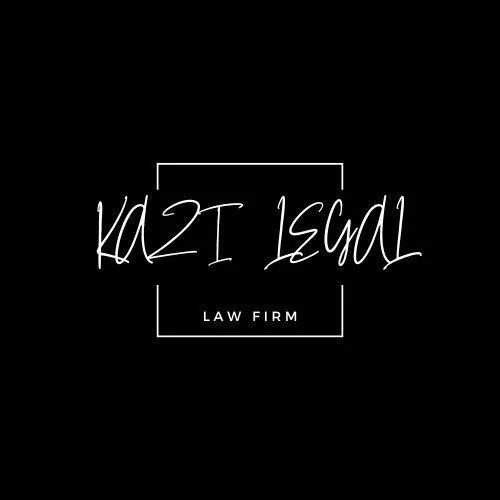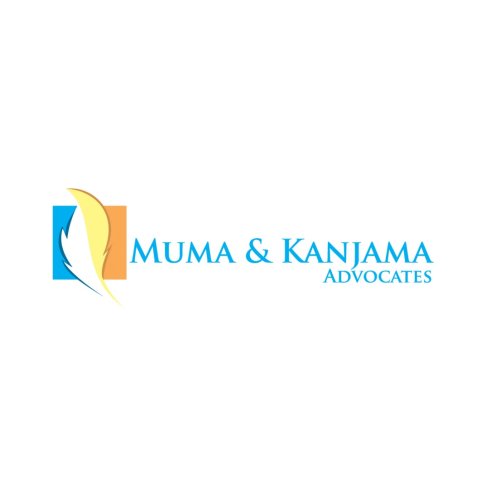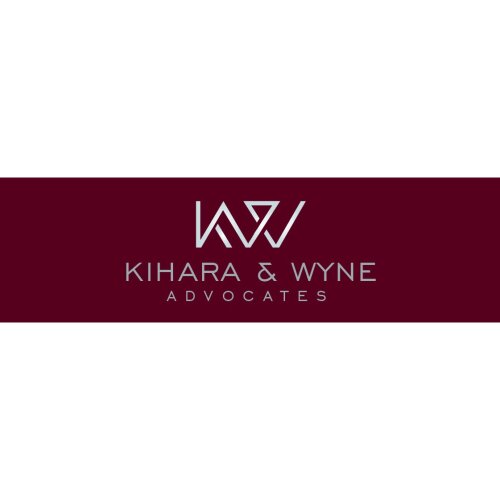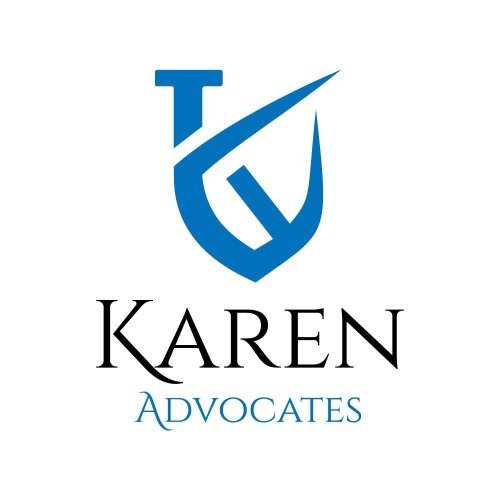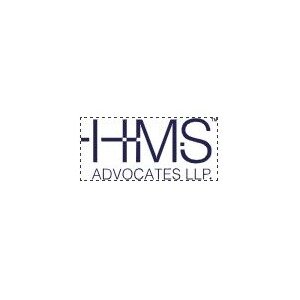Best Government Relations & Lobbying Lawyers in Kenya
Share your needs with us, get contacted by law firms.
Free. Takes 2 min.
Or refine your search by selecting a city:
List of the best lawyers in Kenya
Legal guides written by Adroit Law LLP:
- Kenya Launches Digital Nomad Visa: A Gateway for Remote Workers
- Navigating the Payment System License Maze in Kenya
- Navigating the Complexities of Mining Licenses and Permits in Kenya: A Look into Artisanal and Large-Scale Operations
About Government Relations & Lobbying Law in Kenya
Government Relations and Lobbying in Kenya involve the interfacing between businesses, nongovernmental organizations (NGOs), and individuals with government entities to influence policies and legislation. This area of practice ensures that private interests are effectively represented in the policymaking process. In Kenya, lobbying is a developing field, regulated to enhance transparency, accountability, and integrity within governmental processes. Navigating through the complex regulatory framework is crucial, as it intersects with various areas of law including corporate governance, public policy, and ethics.
Why You May Need a Lawyer
Involvement in government relations and lobbying in Kenya can be intricate due to the prevailing legal frameworks that govern these activities. Here are some common situations where legal assistance may be crucial:
- Seeking to influence legislation or policy at any governmental level.
- Engaging with government tenders or contracts, necessitating compliance with procurement laws and regulations.
- Navigating legal and ethical boundaries in lobbying activities to prevent conflicts of interest or breaches of integrity.
- Understanding the registration and reporting requirements necessary to engage in lobbying legally.
- Defending against allegations of improper lobbying or corruption.
Local Laws Overview
Several key legal frameworks guide Government Relations & Lobbying in Kenya:
- The Public Officers Ethics Act, which underscores ethical standards for public officers.
- The Anti-Corruption and Economic Crimes Act, which governs actions of corruption and mismanagement of public resources.
- The Public Procurement and Disposal Act, which outlines the legal stipulations regarding government procurement processes.
- The Constitution of Kenya, establishing the guiding principles for governance, public participation, and legislative processes.
- Potential future legislation specifically regulating lobbying, aiming to standardize lobbying activities and enhance accountability.
Frequently Asked Questions
What is lobbying?
Lobbying is the act of attempting to influence decisions made by officials in the government, often legislators or members of regulatory agencies.
Is lobbying legal in Kenya?
Lobbying is legal in Kenya but must be conducted in compliance with existing regulations focusing on integrity and transparency.
Do NGOs need to comply with lobbying laws?
Yes, NGOs engaging in activities that influence government policy must comply with relevant legal frameworks governing such actions.
What is the role of a government relations lawyer?
A government relations lawyer helps clients understand and navigate the legal landscape related to lobbying and interaction with government entities.
Are there penalties for non-compliance with lobbying laws?
Yes, failure to adhere to legal standards in government relations can lead to fines, legal penalties, and restrictions on future lobbying activities.
Can a company lobby without legal assistance?
While possible, it is not advisable due to the complex regulatory frameworks involved which require expert navigation to ensure compliance.
What ethical considerations exist in lobbying?
Ethical considerations in lobbying include transparency, avoiding conflicts of interest, and ensuring accuracy in communicating with government officials.
How do lobbying laws affect foreign entities in Kenya?
Foreign entities must comply with Kenyan laws and may face additional scrutiny or requirements, necessitating thorough legal counsel.
Are there specific reporting requirements for lobbying activities?
Yes, any lobbying undertaking requires periodic reporting on financial expenditures and activities carried out to a relevant authority.
Is there an official registry of lobbyists in Kenya?
Currently, Kenya requires official registration of lobbying activities, ensuring public knowledge and transparency of such engagements.
Additional Resources
Here are some resources that could be valuable for someone seeking legal advice in government relations and lobbying:
- Ethics and Anti-Corruption Commission (EACC): Monitors and enforces laws related to integrity in public service.
- Office of the Attorney General: Provides legal advice and representation to the government, influencing public sector ethics.
- Kenyatta Law Reporting (KLR): Provides comprehensive legal resources and updates on legislation affecting lobbying.
- Kenya Private Sector Alliance (KEPSA): Voicing private sector interests in government policy formulation.
- Local Bar Associations: Offer guidance and resources specific to legal practitioners involved in government relations.
Next Steps
If you require legal assistance in Government Relations & Lobbying, consider taking the following steps:
- Identify and consult with a lawyer or legal firm specializing in government relations and lobbying.
- Prepare all necessary documentation relating to your proposed lobbying activities for legal review.
- Ensure you understand compliance requirements and establish procedures to adhere to these regulations.
- Work closely with your legal counsel to develop a strategy that aligns your goals with Kenyan regulatory expectations.
- Stay informed on any legislative changes that may impact your government relations and lobbying activities.
Lawzana helps you find the best lawyers and law firms in Kenya through a curated and pre-screened list of qualified legal professionals. Our platform offers rankings and detailed profiles of attorneys and law firms, allowing you to compare based on practice areas, including Government Relations & Lobbying, experience, and client feedback.
Each profile includes a description of the firm's areas of practice, client reviews, team members and partners, year of establishment, spoken languages, office locations, contact information, social media presence, and any published articles or resources. Most firms on our platform speak English and are experienced in both local and international legal matters.
Get a quote from top-rated law firms in Kenya — quickly, securely, and without unnecessary hassle.
Disclaimer:
The information provided on this page is for general informational purposes only and does not constitute legal advice. While we strive to ensure the accuracy and relevance of the content, legal information may change over time, and interpretations of the law can vary. You should always consult with a qualified legal professional for advice specific to your situation.
We disclaim all liability for actions taken or not taken based on the content of this page. If you believe any information is incorrect or outdated, please contact us, and we will review and update it where appropriate.
Browse government relations & lobbying law firms by city in Kenya
Refine your search by selecting a city.







